
Recommendation
How will AI affect society? Professors Laura D. Tyson and John Zysman see AI technologies playing an enormous role in the ongoing automation of work. In this detailed paper, the authors look at the effects of automation on the workplace over the last three decades to gain insight into what the future holds. The picture looks grim: Automation has reduced the share of good jobs for all but the most skilled workers. However, the authors argue that this tech is, ultimately, what people make of it. The right policies can make all jobs good jobs and share the productivity gains of AI more equitably.
Summary
About the Authors
Distinguished professor of the Graduate School at University of California, Berkeley’s Haas School of Business Laura D’Andrea Tyson is an economist and former chair of the White House Council of Economic Advisers. John Zysman is professor emeritus in the Department of Political Science at the University of California, Berkeley and co-founder of the Berkeley Roundtable on the International Economy.


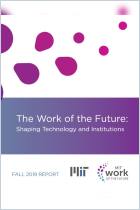
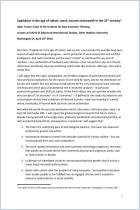

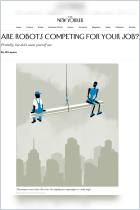
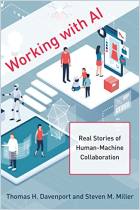
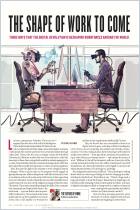





Comment on this summary